

Repairing Harms from Family Policing

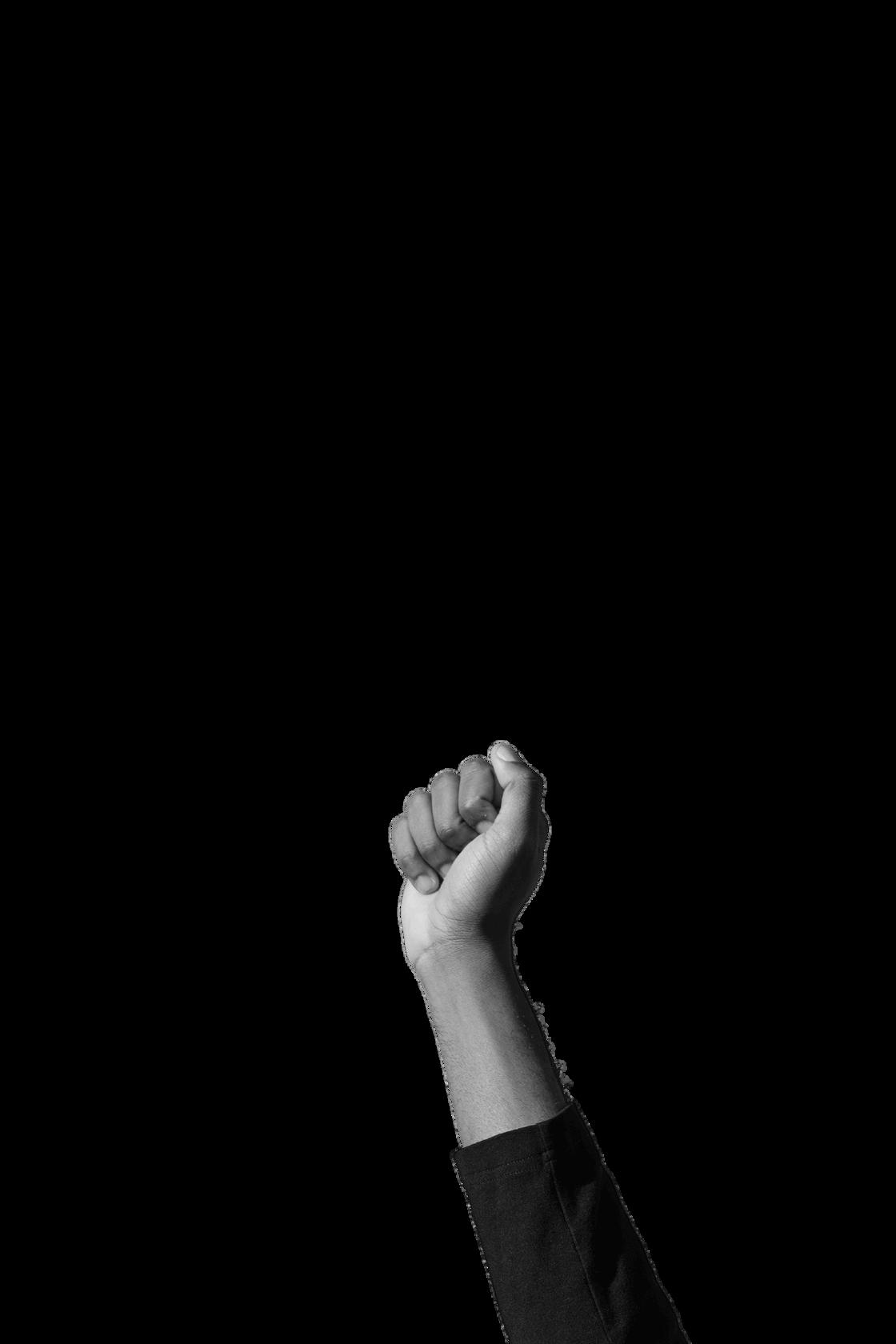






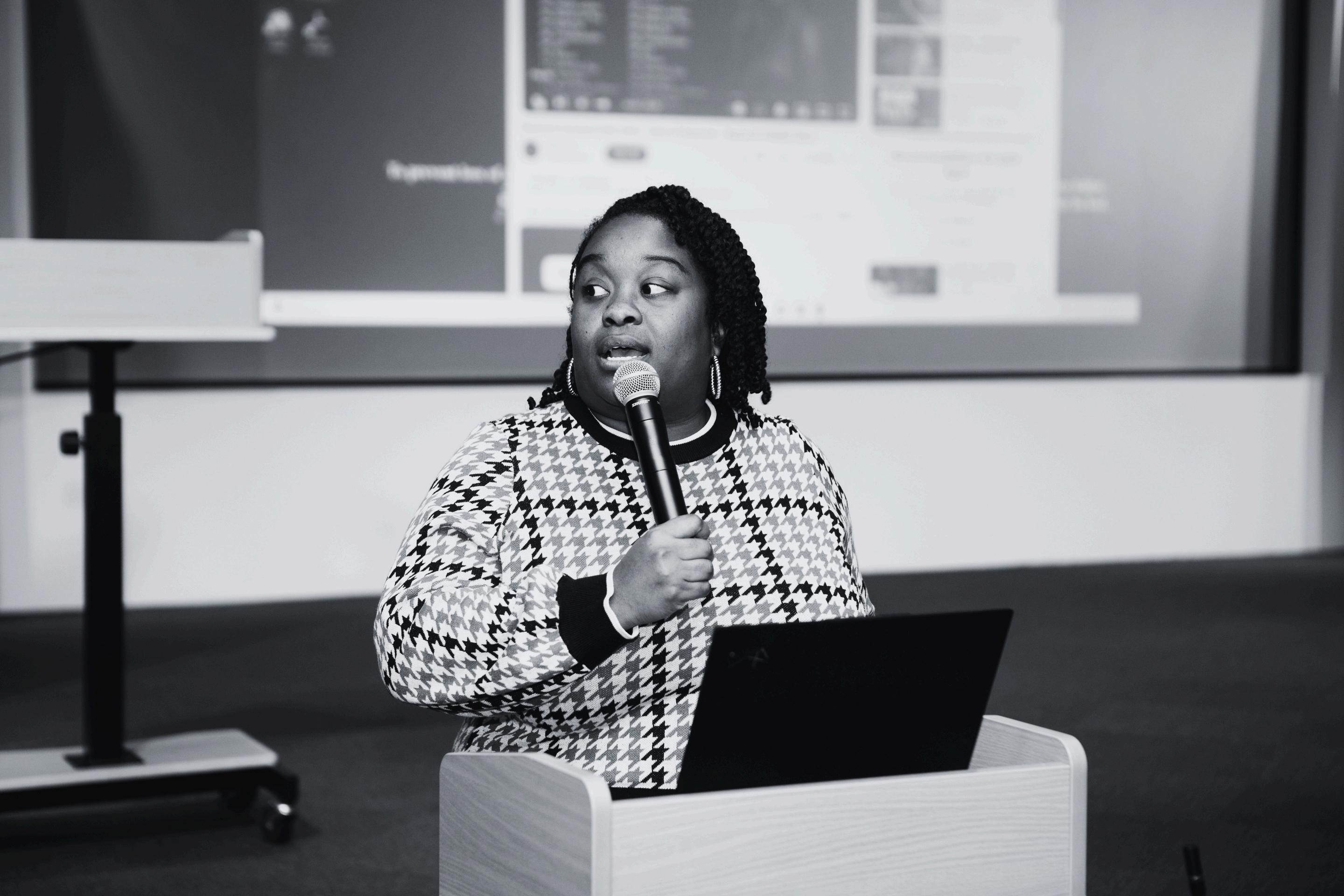

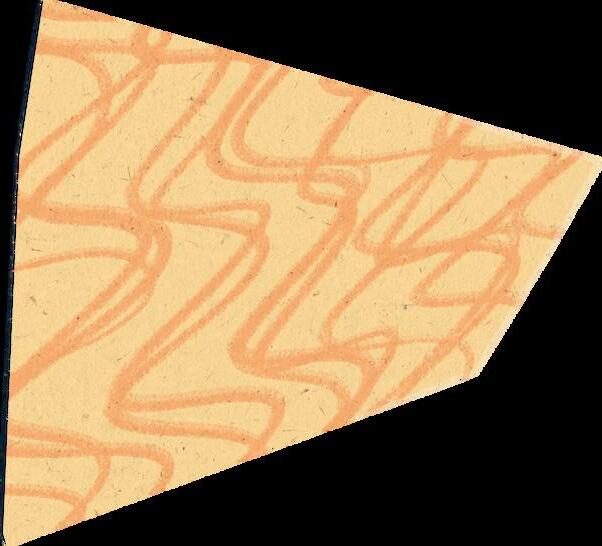
“It’s a new day, with new energy and new possibilities. The fruit that we see today emanated from historic seeds that were planted and watered for generations. Reparations is no longer a stretch of the imagination or an unattainable goal but, very likely, a reality, and achievable in our lifetime.”
-Nkechi Taifa




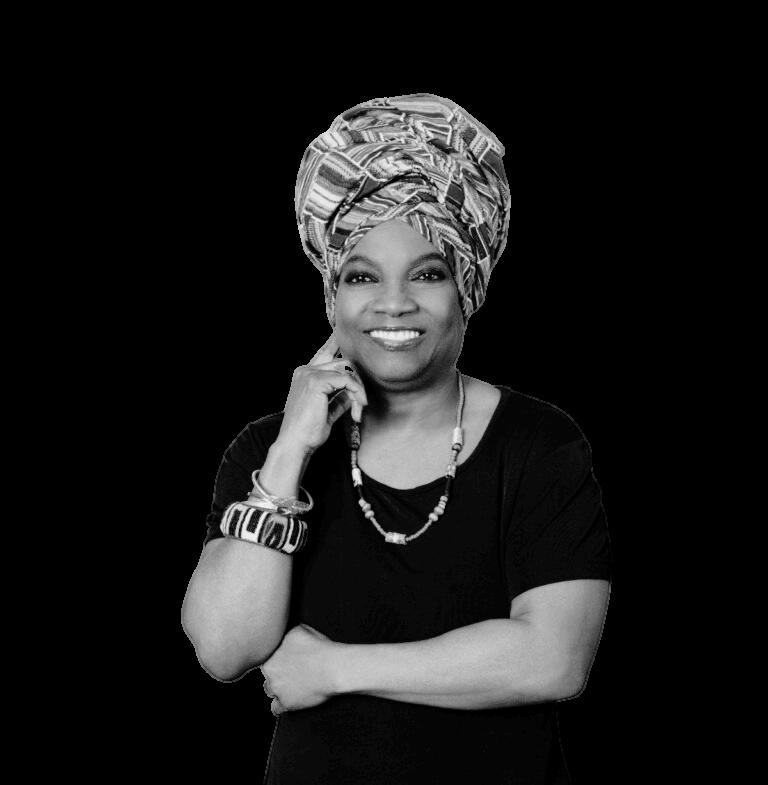

About BLU
Our Mission
At Black Families Love and Unite (BLU), we empower Black and Brown families to: dismantle punitive systems, end cycles of violence, protect the integrity of our families and communities-
Our Vision
We envision a world where families are In this world, families thrive with access to resources like Our aim is to create spaces for Black and Brown families to heal and flourish. supported, not punished. harm reduction tools, holistic healing spaces & reparations for systemic harm
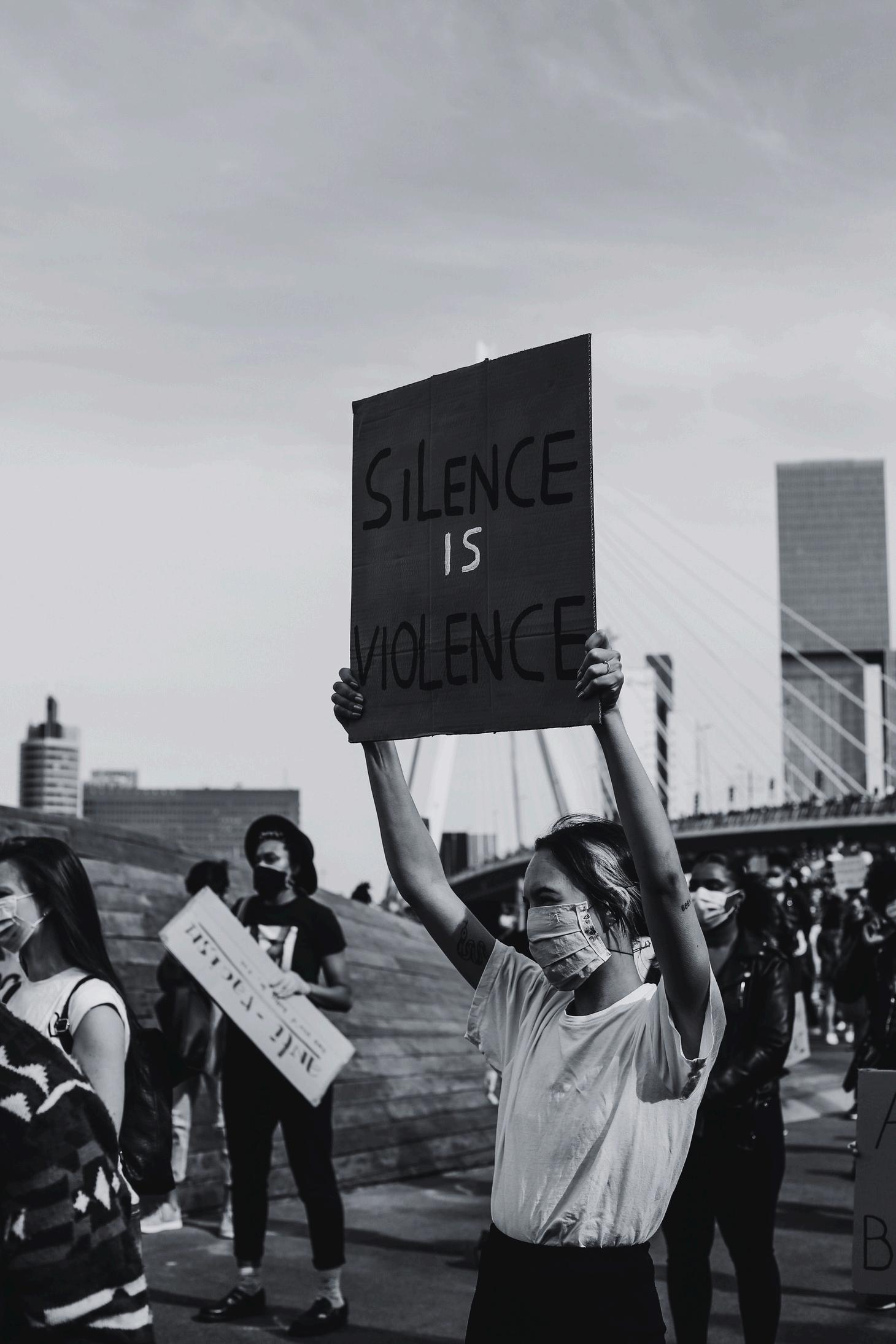

1
blu's Pillars
3
We fulfill our mission through three core pillars:
Political Education and Learning Opportunities: Our reparations teach-ins, report, and zine help communities understand what reparations mean and how to repair the harms done by the family policing system.
2
Organizing and Mobilization: We activate our community through outreach and events that build collective power.
Community Care and Support
We provide culturally relevant mental health interventions, including somatic therapy and wellness workshops, to support community healing.

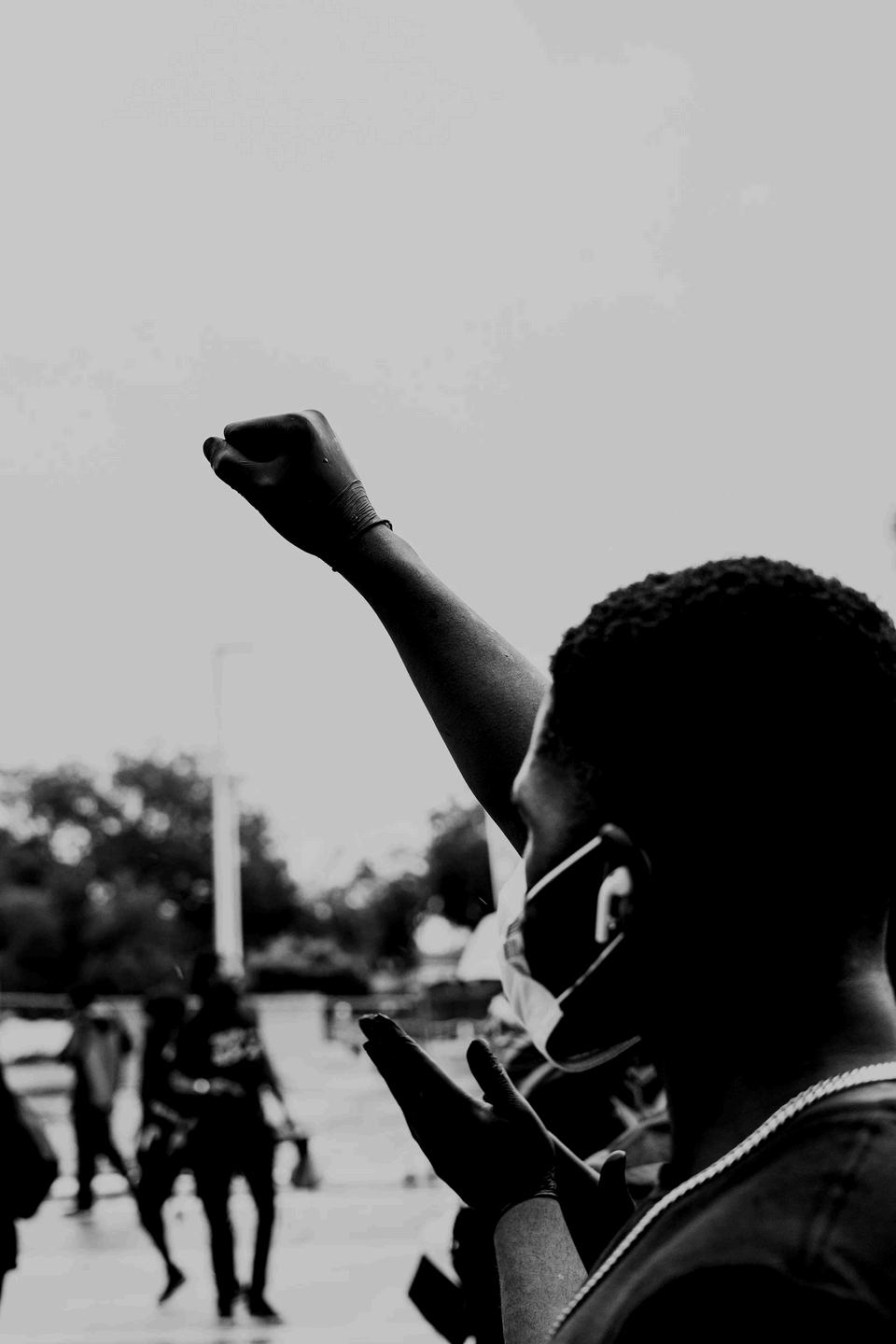


Quotes from Families
"If they’re going to keep mandated reporting, I don’t think they should have all of this protection. If there’s proof they lied out of spite, you shouldn’t be able to have a job when all of these families will be harmed."


“They strategically pic and choose things to hold it against you and keep your kids away from you. That’s not what you’re there for. ”
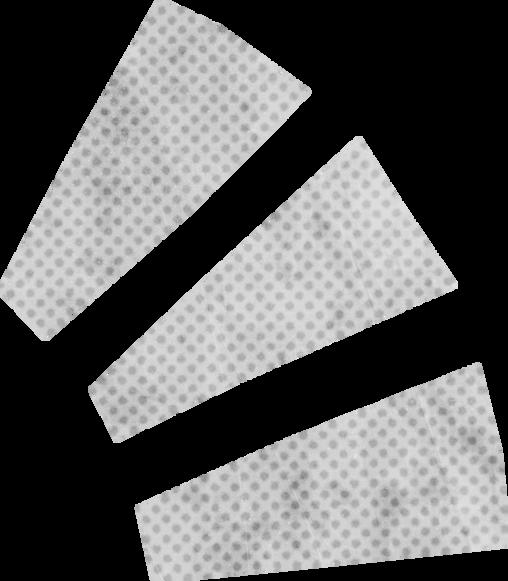
"It takes a village –more community care. Working together instead of against each other."




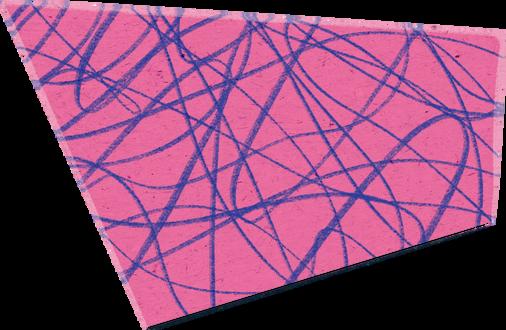

the problematic history of cps
Racial disparities in child welfare stem from a combination of HISTORICAL, SYSTEMIC, & STRUCTURAL factors that disproportionately affect families of color, particularly BLACK, INDIGENOUS, & LATINX families.
These disparities are rooted in centuries of racial injustice, discriminatory policies, and biased practices that persist in child welfare systems today. Some key reasons for these disparities include:
Historical Legacy of Racism
Poverty and Socioeconomic Inequality
Implicit Bias and Racial Stereotyping
Over-Policing & Surveillance of Communities of Color
Cultural Disconnect and Inadequate Support
Criminalization of Families of Color
lack of resources & support for reunificATION
Policies and Practices Favoring Removal




“Revealing how the system has been so violent is importantsystems are isolating, make you feel ashamed.”- Anonymous
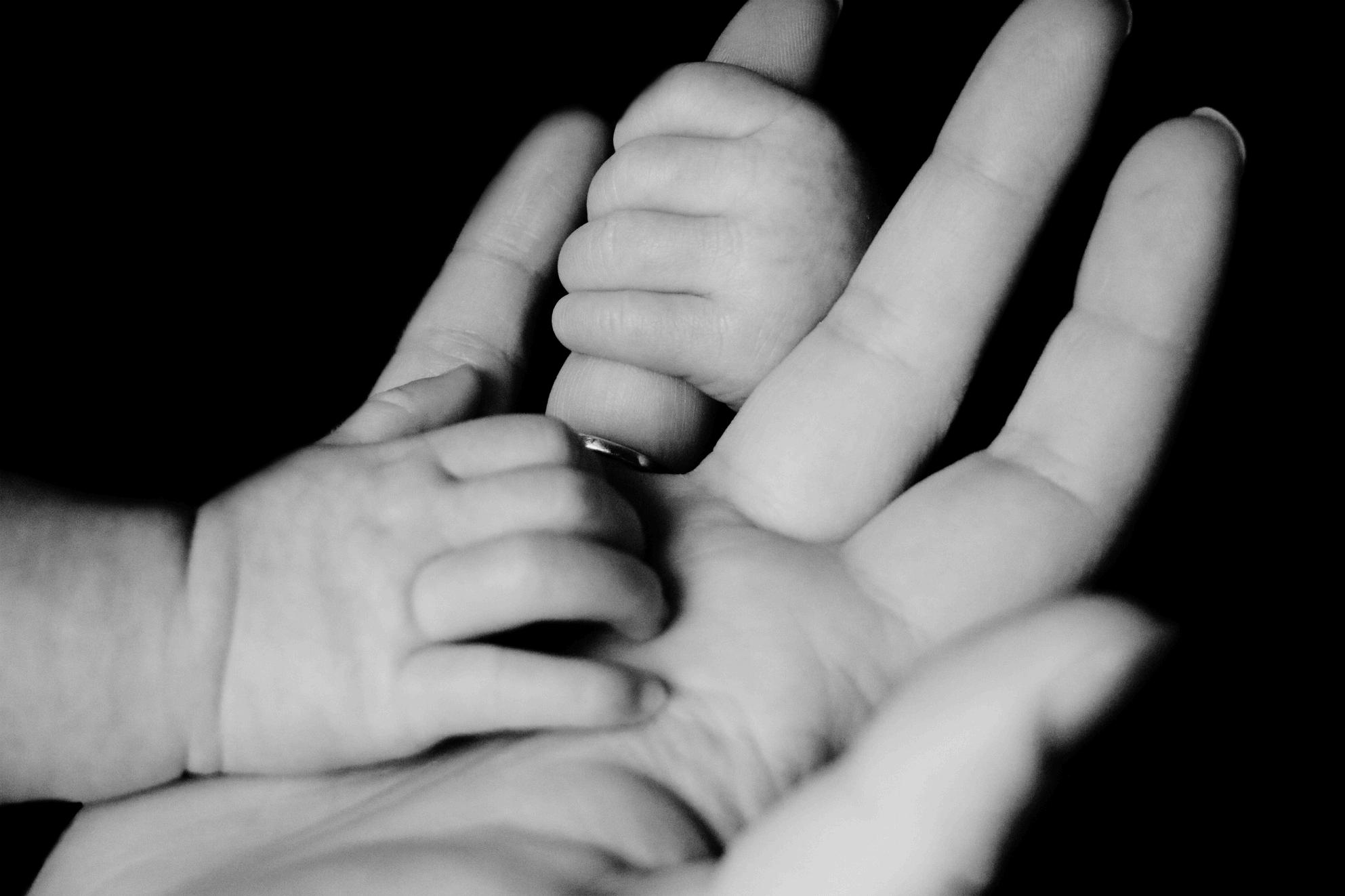
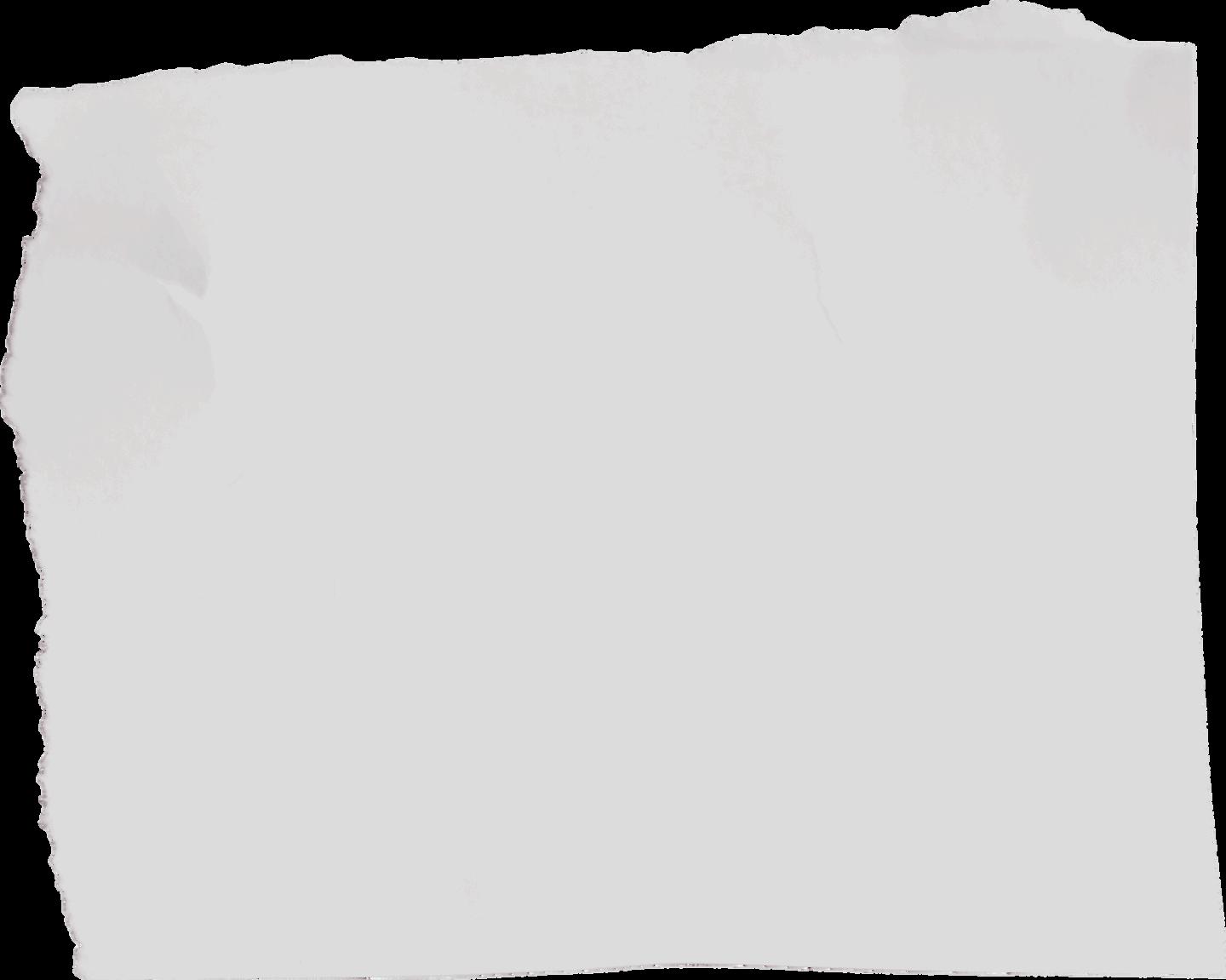



What is Abolition?
ABOLITION started with efforts to END SLAVERY, using strategies like ADVOCACY, LITERATURE, & DIRECT ACTION. TODAY, it challenges systems like POLICING and the PRISON-INDUSTRIAL COMLEX and believes TRUE SAFETY comes
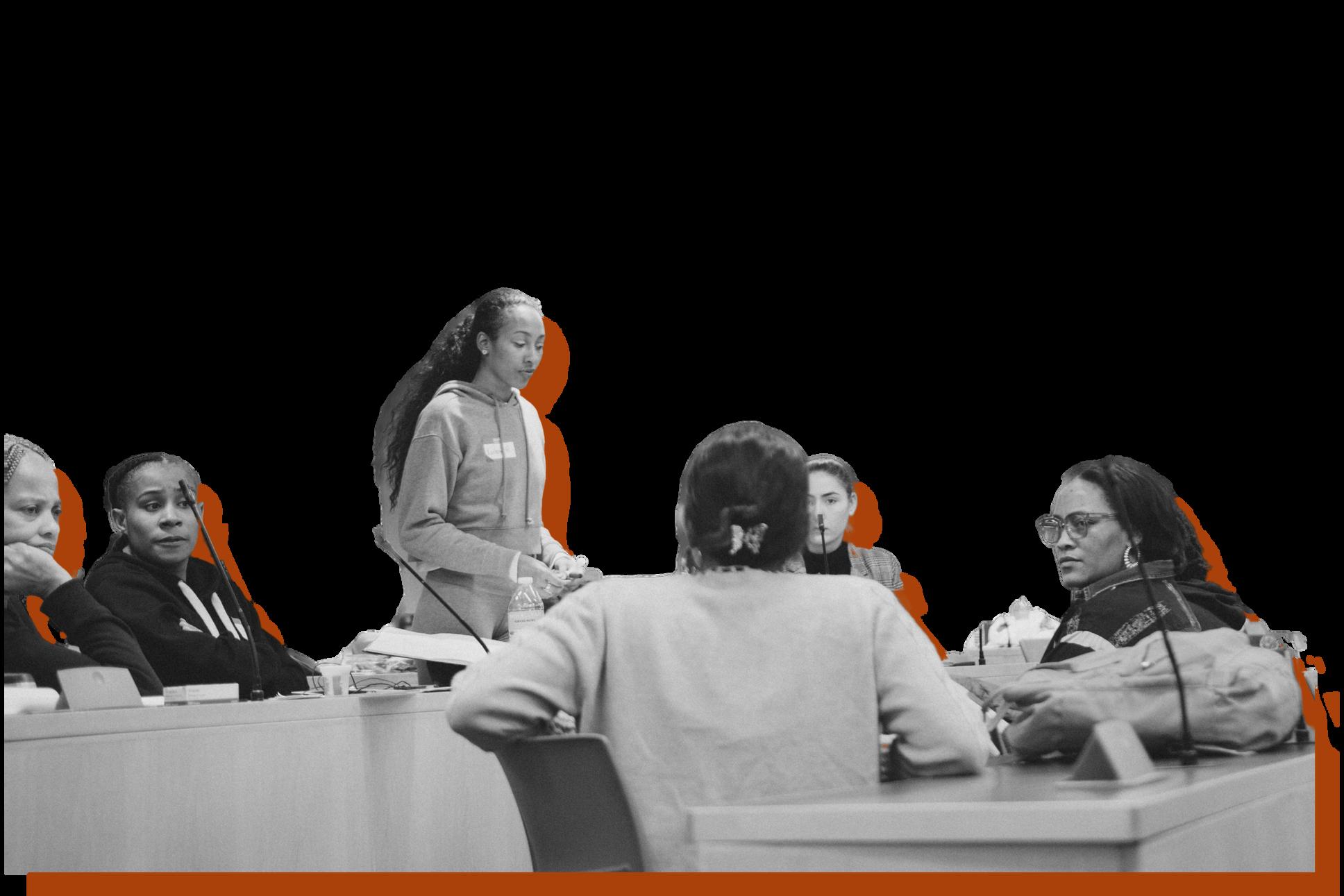
At BLU, we view the Family Policing System as another form of STATE CONTROL, especially targeting BLACK, LATINX, & INDIGENOUS families. Instead of state violence, we support COMMUNITY-BASED SOLUTIONS that UPLIFT and CARE for families.
"The billions of dollars invested in the child welfare system prop up an overall paradigm that relies on destroying families rather than supporting them."
Dorothy Roberts, Torn Apart -
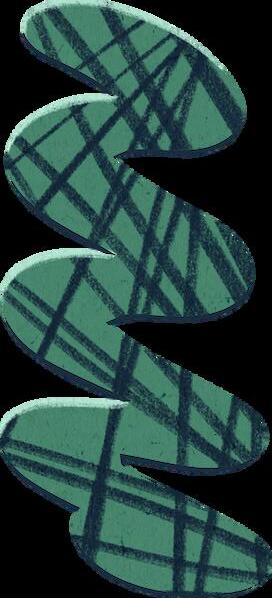
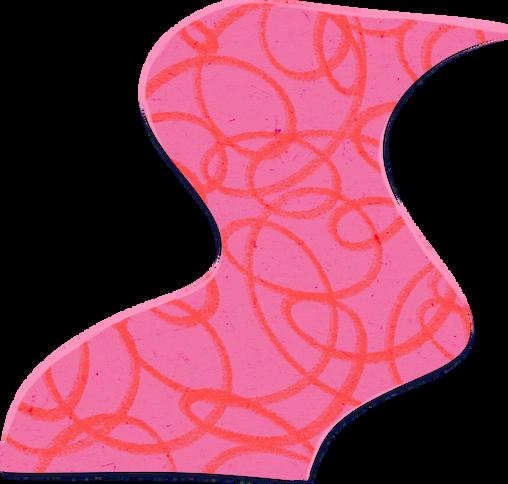





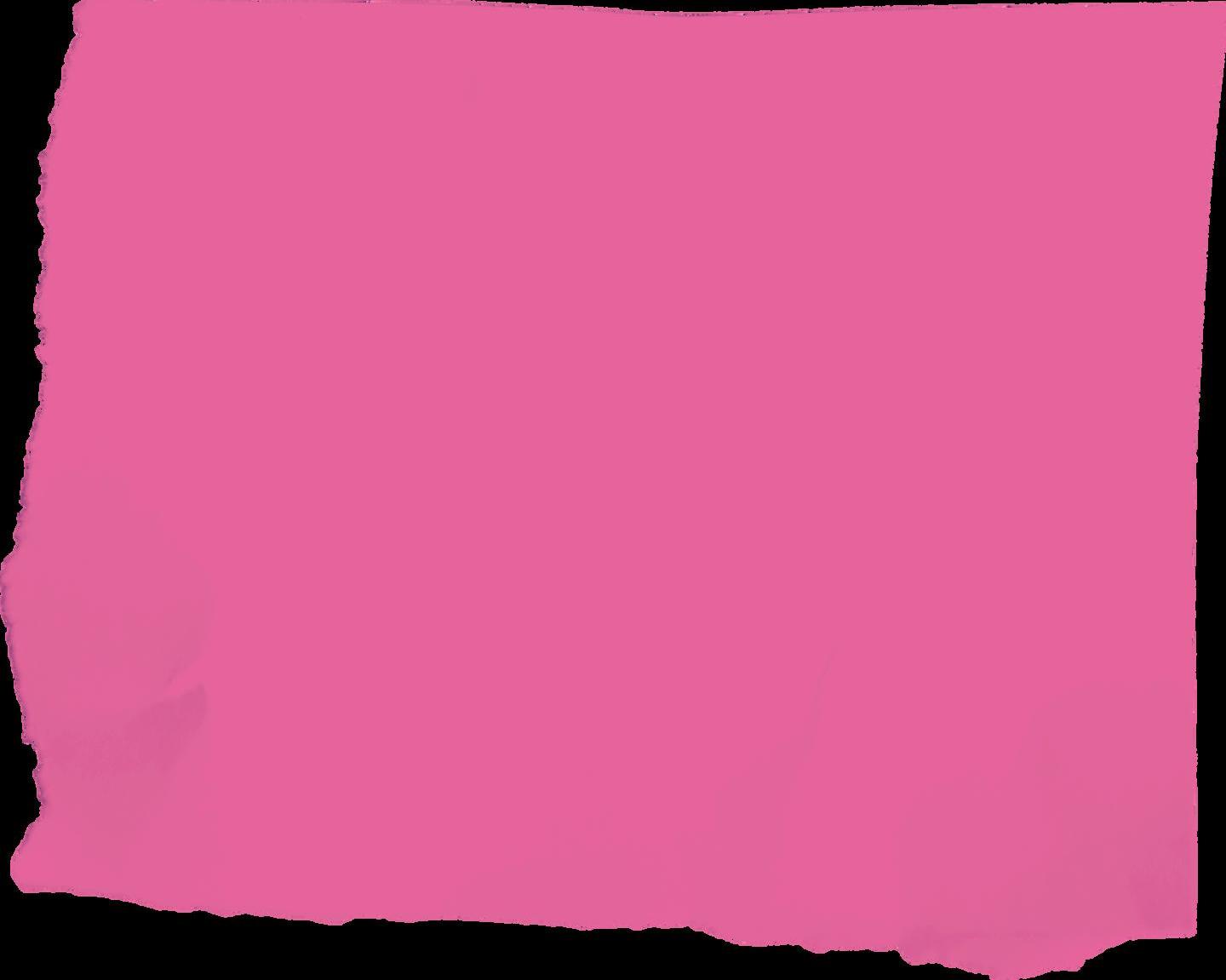
According to the United Nations' 2005 guidelines, there are five key parts to Reparations:
1. RESTITUTIONGiving Back What was Lost
2. COMPENSATIONPaying for the Harm Done

3. REHABILITATIONProviding Support for Healing
4. SATISFACTIONAcknowledging the Harm
5.GUARANTEES of NON-REPITITIONEnsuring it Doesn't Happen Again Reparations are actions taken to repair the harm caused by serious human rights violations

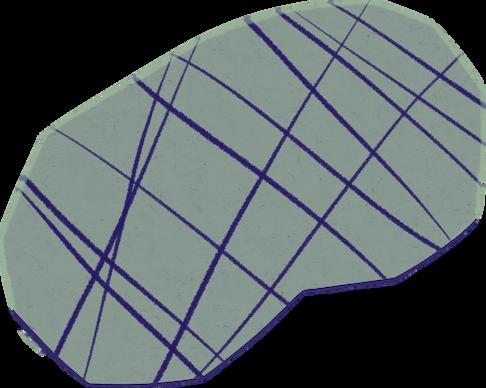
Restitution Examples
Decarceration and Re-entry Support:
Offering targeted support and expungement for victims of domestic and sexual violence who were criminalized for survival.
Family Reunification:
Making every effort to locate separated family members and remove barriers like transportation and travel costs.
Job Support:
Providing employment opportunities for those impacted by family policing, especially those listed on the Statewide Central Register. Universal Programs: Promoting universal basic income, stable housing, and free literacy programs in underserved communities.
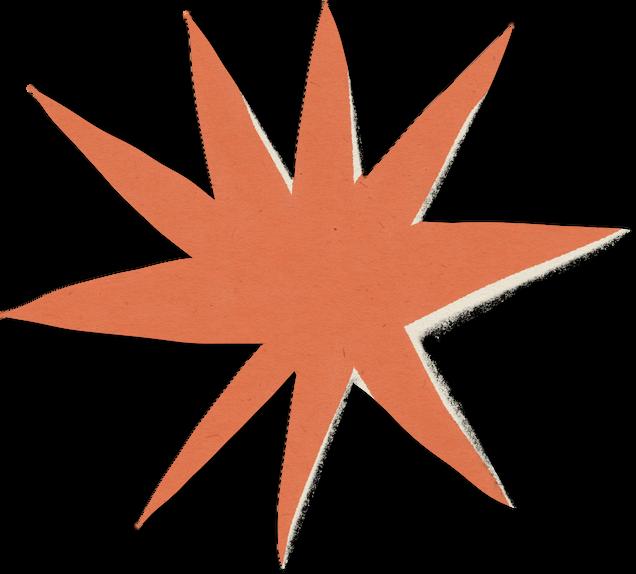


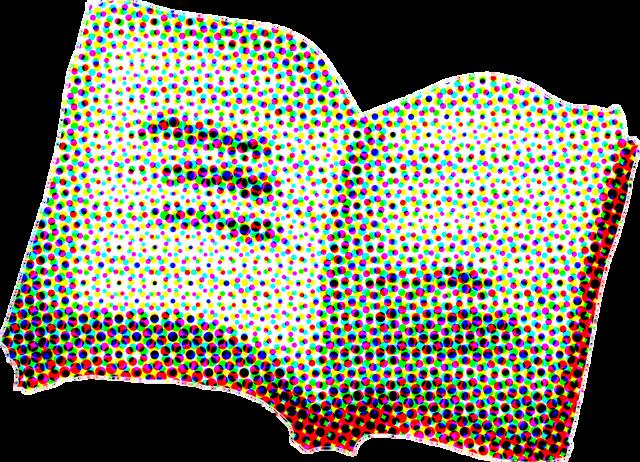
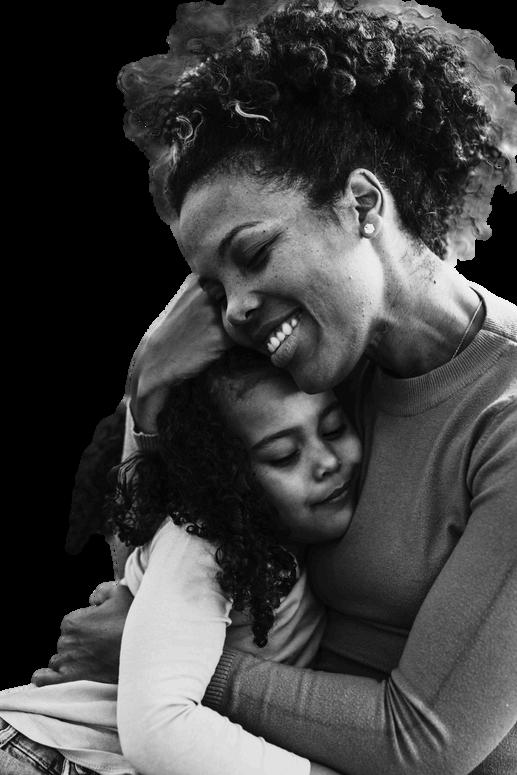




Compensation Examples
DIRECT PAYMENTS: Governmental agencies and corporations benefitting from child welfare should provide payments to victims + survivors of family policing.
NEIGHBORHOOD INVESTMENT: Reinvest in communities frequently targeted by family policing due to poverty + lack of resources.
ACCOUNTABILITY: Ensure financial compensation is paired with systemic changes to prevent it from being "hush money" or a temporary fix.
FINANCIAL EDUCATION + AUTONOMY: Offer culturally relevant programs to help communities manage money + build generational wealth. Impacted people must retain control over how they use their compensation, whether for housing, healthcare, or investing in their future.






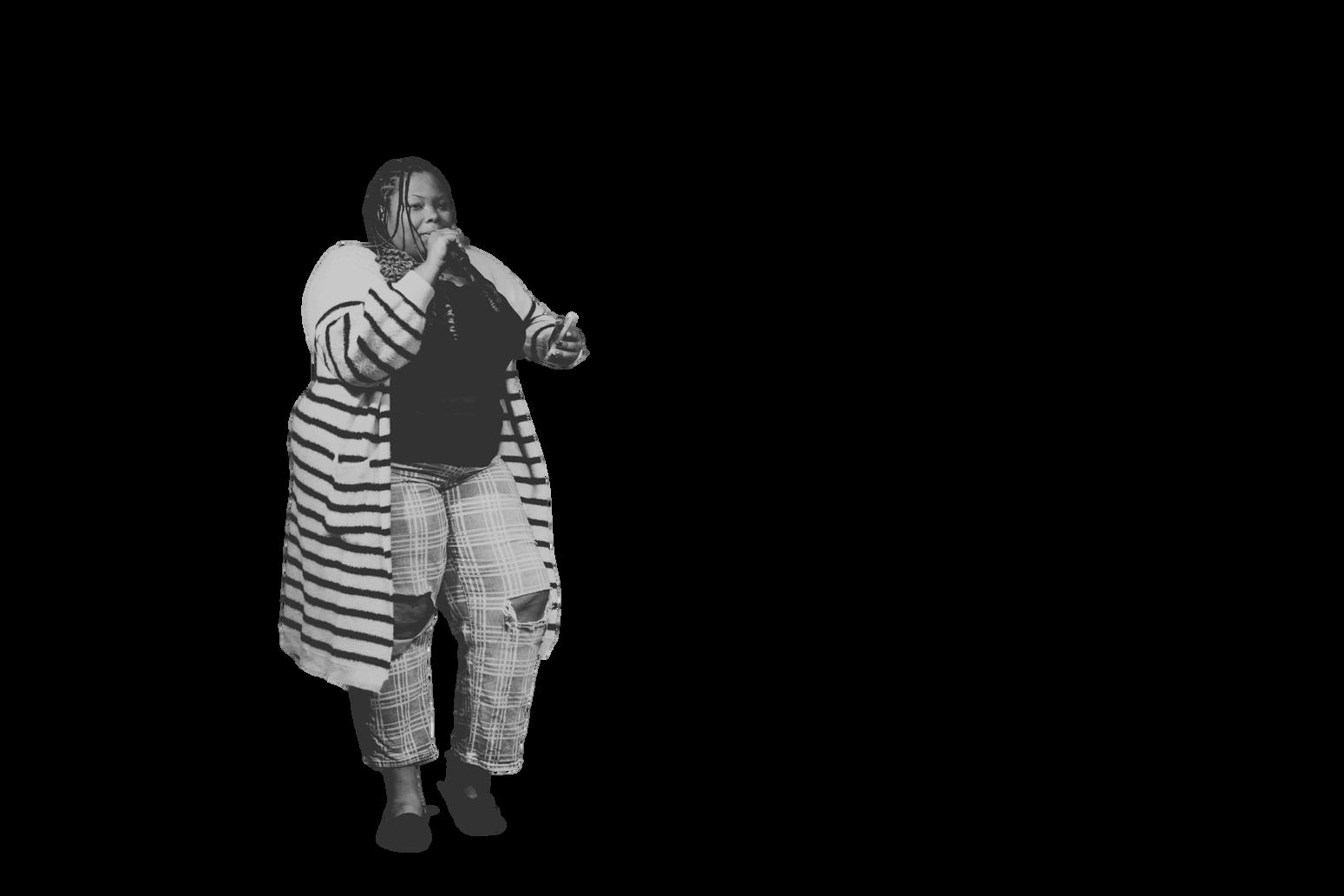
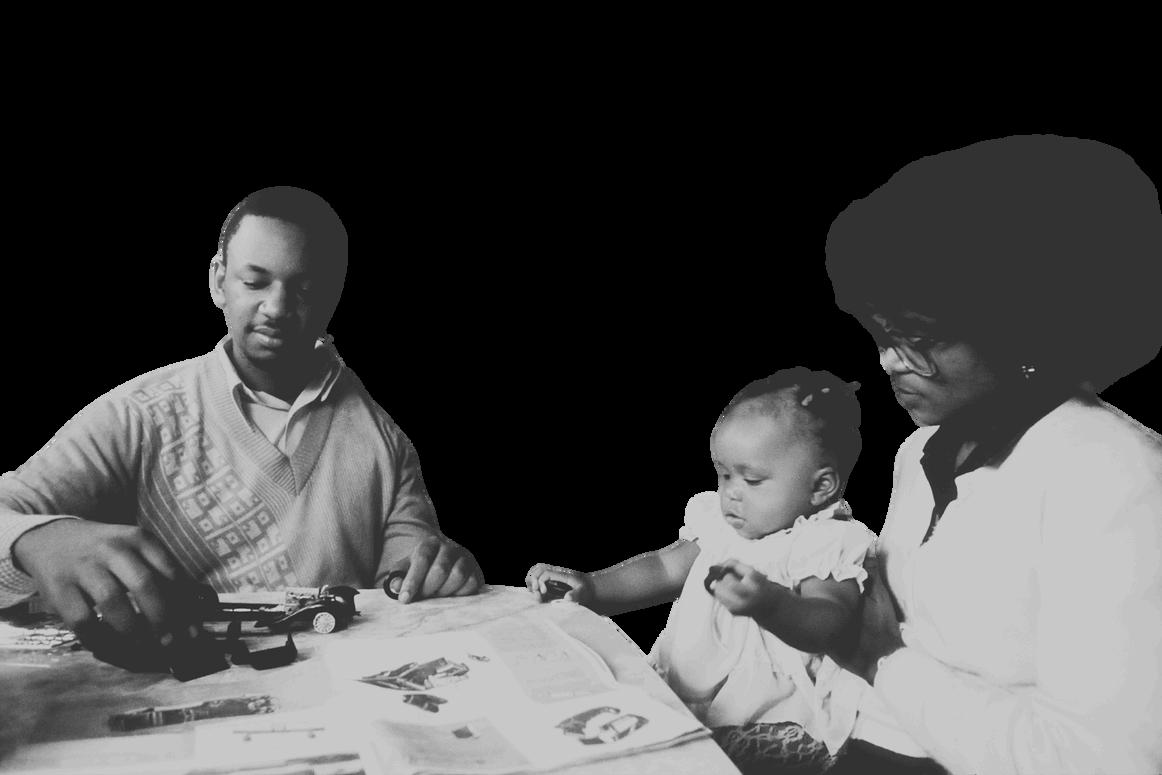


Rehabilitation Examples


Holistic Care Services: Free, lifelong mental and physical health services for those impacted by family policing, such as individual and group counseling, emotional support for pregnant/postpartum individuals, and non-judgmental care for those who currently or previously used drugs.
Trauma Services for Youth:
Providing trauma-informed, age- appropriate care for young people experiencing physical, emotional, or sexual abuse in the family policing or juvenile systems.


Community Safe Spaces: Investing in community-led "safe havens" where families can reunite, heal, and access resources that allow them to reconnect in a dignified and supportive environment.
Culturally Relevant Mental Health Interventions:
coaching, somatic wellness, music therapy




Satisfaction Examples
Acknowledgment of Targeting & Harm
Inflicted
The Family Policing System disproportionately targets & harms Black, Brown, working-class, & poor families, especially single parents and their children.
Taking Responsibility for Family Separation:
Holding the system accountable for the harms caused by separating families & ensuring steps are taken to prevent it from happening again.
Accountability for Marginalized Groups:
Accepting responsibility for how the system has failed victims of domestic and sexual violence, & how it contributes to the abuse of gendermarginalized people, including women and girls.
Connecting to Resources:
Admitting the failure to provide traumainformed, culturally relevant support like housing & mental health services to survivors of violence.
Addressing the Foster Care-to-Prison Pipeline:
Taking responsibility for the trauma of young people funneled from the foster system into the prison system.
Narrative-Shifting Campaigns:


Committing to public education that teaches the history of family policing, the fight against it, & topics like Reparations, Black Feminism, & abolition in school curricula.
Examples of Guarantees of Non-Repetition

Restoring Family Autonomy: Give families, especially families of color and poor families, the freedom to make their own decisions without outside interference or forced control.
Community-Led Harm Responses: Encourage communities to handle interpersonal harm through restorative justice and conflict resolution instead of relying on the Family Policing System. Creating Spaces for Healing: Establish spaces where parents can gather, heal, and discuss how to challenge the power of the Family Policing System.


Eliminating Mandatory Reporting: End the practice of mandatory reporting, which often favors biased or dishonest reports and undermi




Examples of Guarantees of Non-Repetition (Cont'd)

Holding Judges and Lawyers
Accountable: Ensure judges and CPS attorneys are held accountable for misconduct and dishonesty in family court cases.
Addressing Mental Health Stigma: Eliminate polici that dehumanize people struggling with mental health or addiction, ensuring their autonomy is respected.



Challenging Stereotypes:
Break down harmful stereotypes about people of color and poor families, recognizing their values and customs instead of dehumanizing them.
Building Community Support:
Strengthen community bonds by sharing responsibilities like walking children to school, building connections between parents and teachers, and forming support groups like "Single Moms Clubs."


Quotes from Families

“It opens up a can of worms. Once you’re in, you’re in. That goes on for the next generation – if your children get a call, they look at your past.”


coming to the house a y ime they want. Respect is not interrupting everything."


"They don’t allow for real communication. They cause PTSD. ACS comes for the wrong reasons."




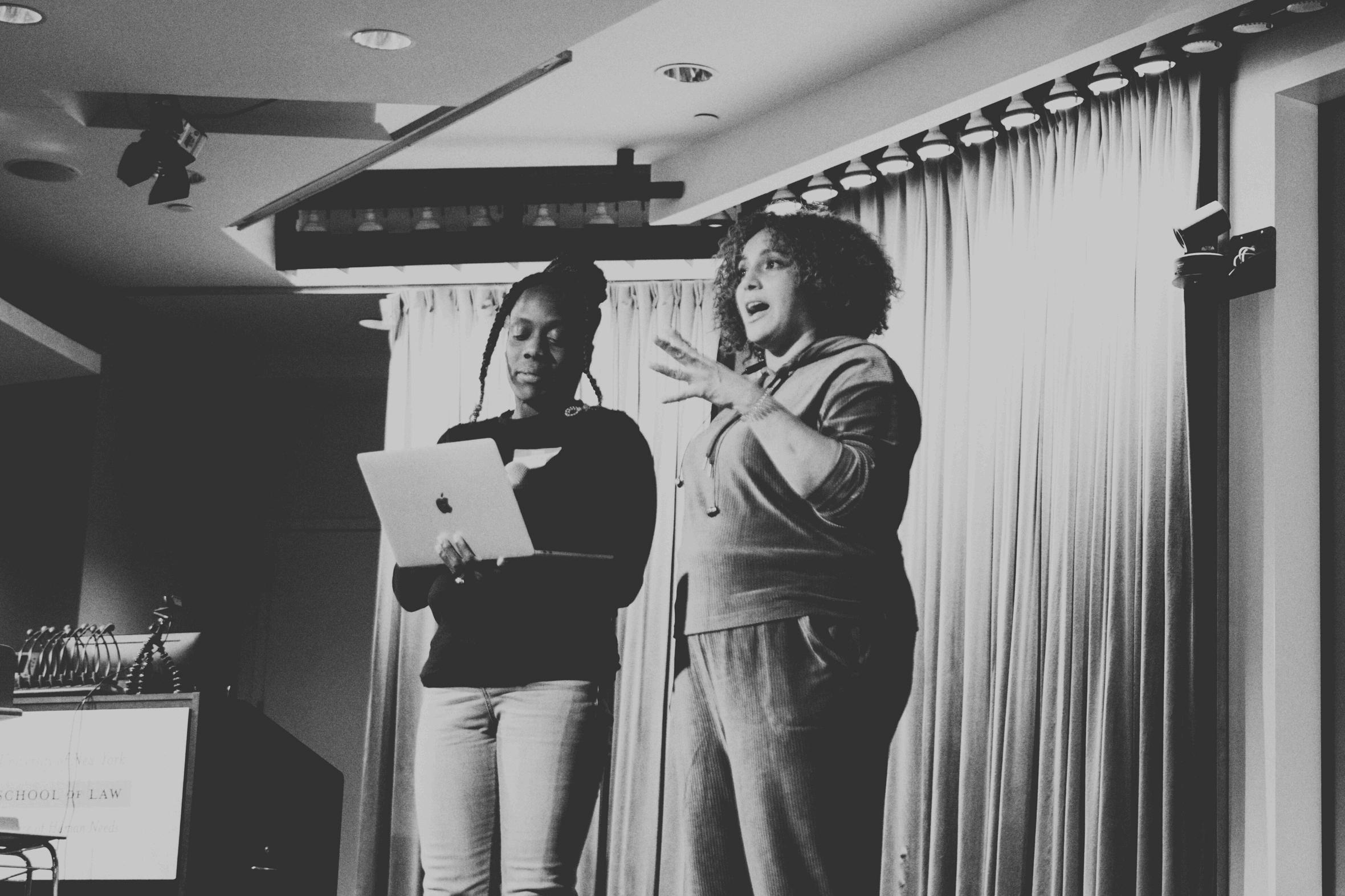
CALLS
TO ACTION For Allies in Legal Services, Policy, & Philanthropy:

BUILD COALITIONS:
Value the lived experiences of those impacted by family policing, centering leaders who've experienced racism & family separation.


Support Directly Impacted Leaders: Provide financial and operationalsupport to movement leaders without compromising their vision.

Integrate Reparations: Align your legal, policy, and philanthropic work with grassroots demands for family policing abolition and Reparations.
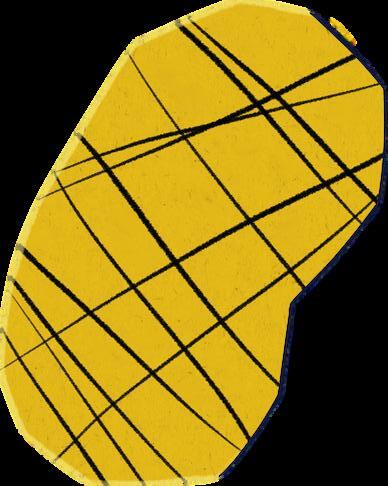
GET INVOLVED!
Action Steps for Families
Impacted By Family Policing
Create Spaces:
Build relationships across movements to develop shared strategies for justice and Reparations.
End Systemic Violence:
Work together to disrupt the systems that perpetuate harm and ensure the long-term safety of our families.

Invest in Communities: Start building strong, supportive communities now by connecting with your neighbors and creating shared systems of care.
GET INVOLVED!
Action Steps for voters + citizens not impacted by the family policing system
Practice Empathy-
We don’t and can’t know what’s going on in other peoples lives. Pause and give people grace. Remember things are not always what they seem.
Listen to impacted voicesIf you don’t have firsthand experience with the Family Policing System -- LISTEN to those who do. This zine is created by BLU - a collective of families who have firsthand experience of the harm caused by these systems. Center their experiences and learn from them.
Research + Learn - Follow the work of BLU and other organizations working to dismantle the HARM caused by policing systems of all kinds. Learn more about the movement for abolition.


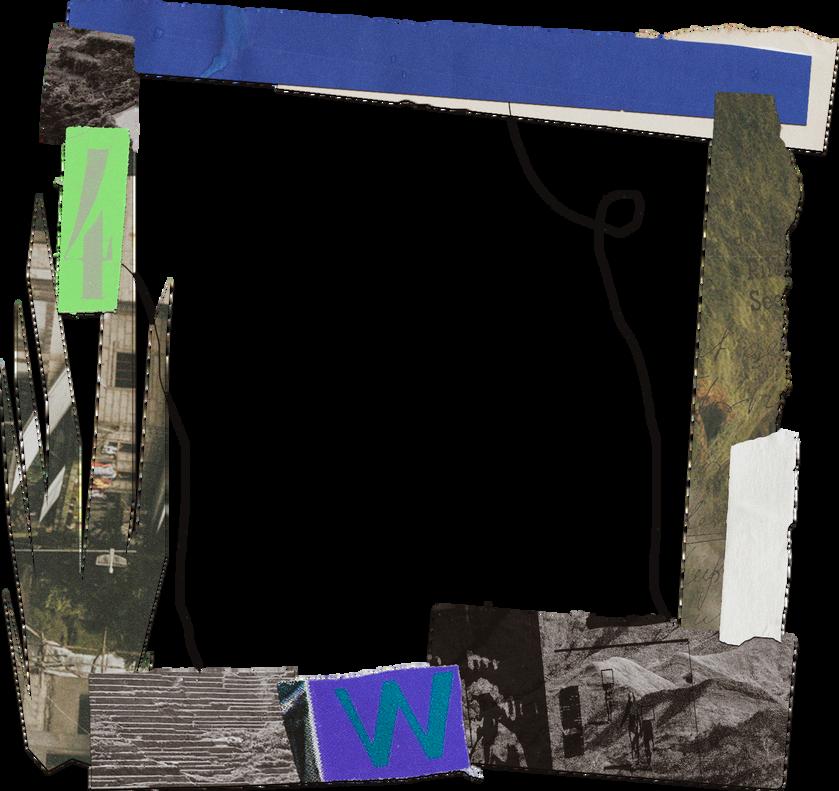


SCAN THE QR CODE TO CONNECT WITH BLU





